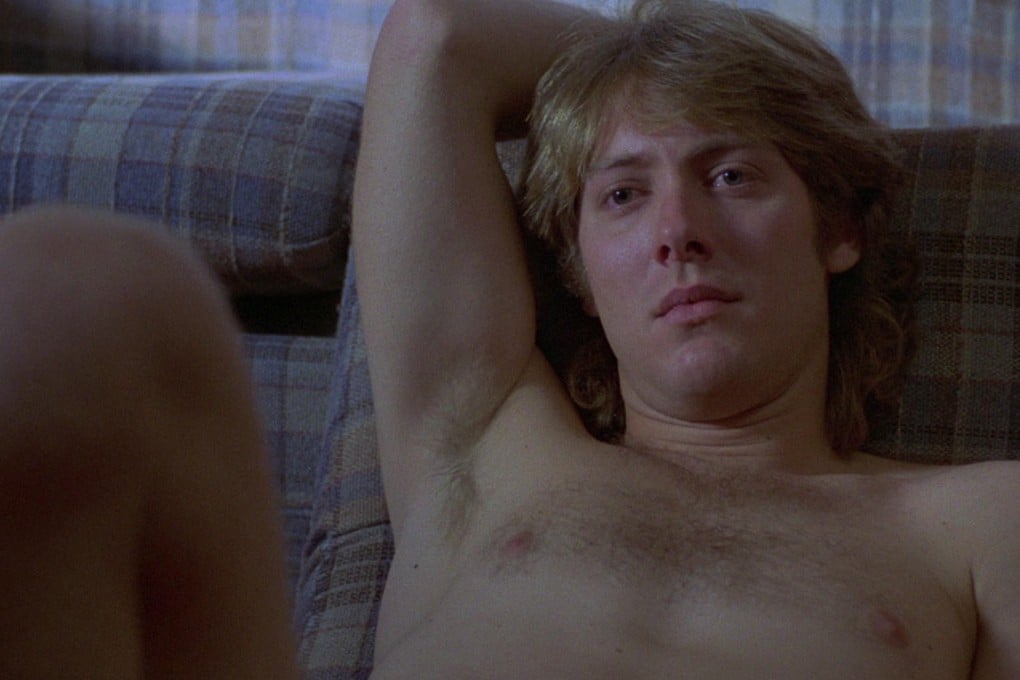Sex and nudity rule at Cannes Film Festival - on screen and off
There has always been plenty of flesh at Cannes - on screen and off. Peter Bradshaw awards his own Palme Phwoar

There is a certain preponderance of flesh, lust and concupiscence at this year's Cannes Film Festival. In Valerie Donzelli's , there is incest. In Todd Haynes' , starring Cate Blanchett and Rooney Mara, there is forbidden love. And then there are Paolo Sorrentino's , in which Michael Caine and Harvey Keitel ogle women, and the great enfant terrible Gaspar Noe's 3D sex film .
Even when there is no actual sex on the screen, there is always a great deal of intensely publicised sexiness at the festival. Long before reality TV and the Kardashians, the concept of Z-list celebs publicly cavorting in a state of undress was pioneered at Cannes with the semi-official tradition of "starlets" appearing in skimpy swimming costumes on the Croisette. In 1953, 18-year-old Brigitte Bardot posed in a bikini opposite Kirk Douglas. The next year, the now-forgotten actor Simone Silva went topless at Cannes opposite a bemused Robert Mitchum. In 1964, Jayne Mansfield also appeared in her swimming costume and did an unedifying dance called the monkey bird with her chihuahua. Each event triggered huge overexcitement among the jostling photographers, in an age when this kind of photo opportunity was not as strictly policed as it is today.
But there was also a good deal of scandal up on the screen. In 1961, Luis Bunuel's won the Palme d'Or. The strong sexual content of the film, about a woman on the verge of becoming a nun visiting her reclusive uncle, astonished and outraged many at Cannes - and indeed the Catholic church. In 1962, the bow-tied audiences at the festival were similarly affronted by . Directed by Paolo Cavara, Gualtiero Jacopetti and Franco Prosperi, was an explicit "freakumentary" using genuine (and sometimes less than genuine) archive footage showing weird sexual rituals from all over the world, including a rite of passage in Nepal in which Gurkhas dress in women's clothing.

Shockable though Cannes audiences have always been, the idea of being upset simply at sex became a bit passé, and the shocking films became increasingly about violence, from Michael Haneke's to Gaspar Noé's . But sex is always a hot ticket at the festival. Steven Soderbergh's , the Palme d'Or winner in 1989, will hardly seem shocking to modern audiences, but the idea of videoing oneself talking about sex was racy for its time.
It is a perennial complaint that gay sexuality and gay relationships are under-represented at Cannes
In the 1990s, we saw Larry Clark's , a disturbing film about the sex lives of teenage New Yorkers that was widely condemned as exploitative and quasi-paedophile. A critic friend said the first press screening for was so packed and disorderly, he had the shirt ripped from his back in the melee outside. A year later, David Cronenberg unveiled his , a version of the J.G. Ballard novel about a sexualised fetish for car crashes. The film was probably the last great censorship/moral-panic case in Britain surrounding a sexually explicit film.
